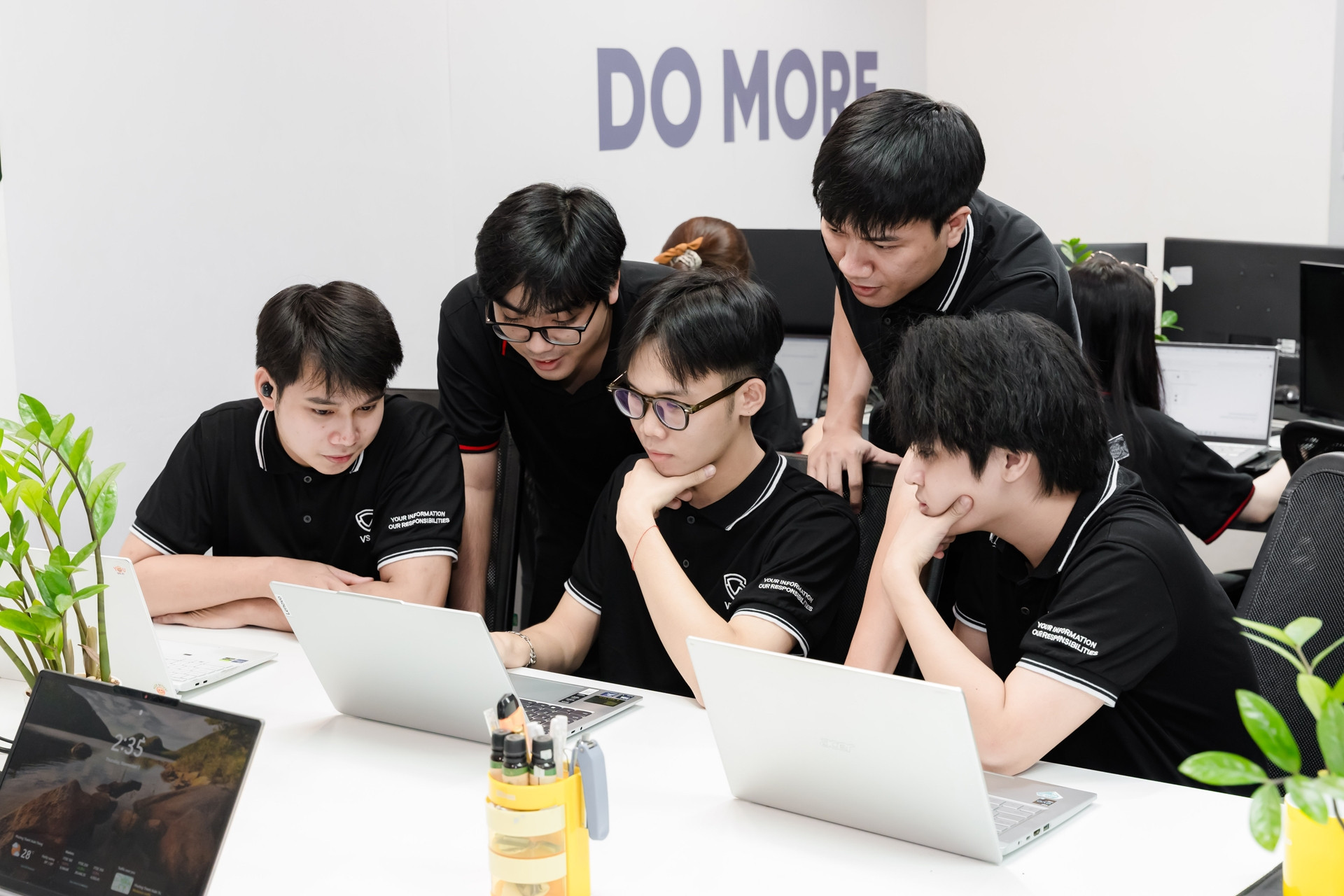
According to experts from RMIT Vietnam, Agentic AI is reshaping industries worldwide. Vietnamese businesses must proactively adopt this technology to enhance competitiveness and ensure sustainable economic growth.
Technology revolutionizing multiple industries

Artificial Intelligence (AI) has become a foundational technology for business strategies, with companies increasingly recognizing the urgency of adopting and implementing AI solutions.
According to Dr. Nguyen Thi Thuy, Senior Lecturer in AI at the School of Science, Engineering, and Technology at RMIT Vietnam, the McKinsey Global Institute predicts that by 2030, AI will automate 30% of working hours in the United States. Agentic AI is expected to handle most office tasks within the next decade, positioning itself at the forefront of this technological revolution.
Speaking to VietNamNet, Dr. Thuy explained that Agentic AI (also known as Agent AI) and Generative AI represent two distinct applications of AI technology, each with unique roles and features.
While Generative AI focuses on creating content, such as text, images, and programming code, by learning from existing data and mimicking human thought processes, Agentic AI is geared toward autonomy. Its goal is not only to react but also to make decisions and take actions to accomplish tasks.
"Agentic AI is applied in real-world scenarios like autonomous robots, smart virtual assistants, and complex process management. It is typically built upon Generative AI, incorporating components like memory, scheduling, and decision-making capabilities. If Generative AI acts as the content creator, Agentic AI acts as the decision-maker and executor, achieving predetermined goals," Dr. Thuy elaborated.
Revolutionizing various industries

Agentic AI is expected to transform numerous industries, including healthcare, manufacturing, and retail, thanks to its exceptional adaptability and creativity.
Healthcare: Agentic AI can personalize treatment plans and support real-time decision-making. For instance, it can monitor patient health indicators in real time, identify potential complications before they become severe, and recommend preventive measures.
Manufacturing: AI-driven production and maintenance forecasting can predict equipment failures, minimize downtime, and extend machinery lifespan. Notably, companies like Siemens are leveraging AI to reduce disruptions and improve efficiency.
Retail and e-commerce: Businesses are innovating in inventory management and personalizing the shopping experience, increasing efficiency and customer satisfaction.
Although many Agentic AI applications are still in the experimental or pilot phase, industries are increasingly adopting the technology in practical settings, according to Dr. Thuy.
Investing in innovation to stay competitive
The "AI Readiness Index" report by Cisco, published at the end of 2024, revealed that 100% of surveyed businesses in Vietnam expressed a need to implement AI, driven mainly by CEOs and leadership teams. Nearly 48% of companies reported allocating 10% to 30% of their IT budgets to AI deployment.
Experts emphasize that to fully realize AI’s potential, businesses need a modern digital infrastructure that meets growing energy demands and low-latency requirements for large-scale AI processing tasks.
Dr. Thuy stressed that the rise of Agentic AI will strongly impact many industries, urging Vietnamese businesses to proactively embrace the technology by investing in innovation, workforce skills enhancement, and strategic partnerships.
"These efforts not only boost competitiveness but also ensure sustainable and inclusive economic growth in the digital age," Dr. Thuy concluded.
However, she also pointed out that integrating Agentic AI into business operations raises ethical and practical challenges, including data privacy and job displacement. Businesses must develop retraining programs to prepare employees for new roles in AI-driven workplaces.
Van Anh